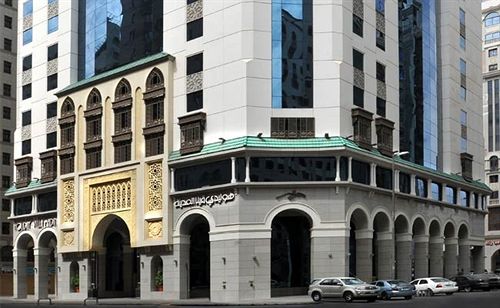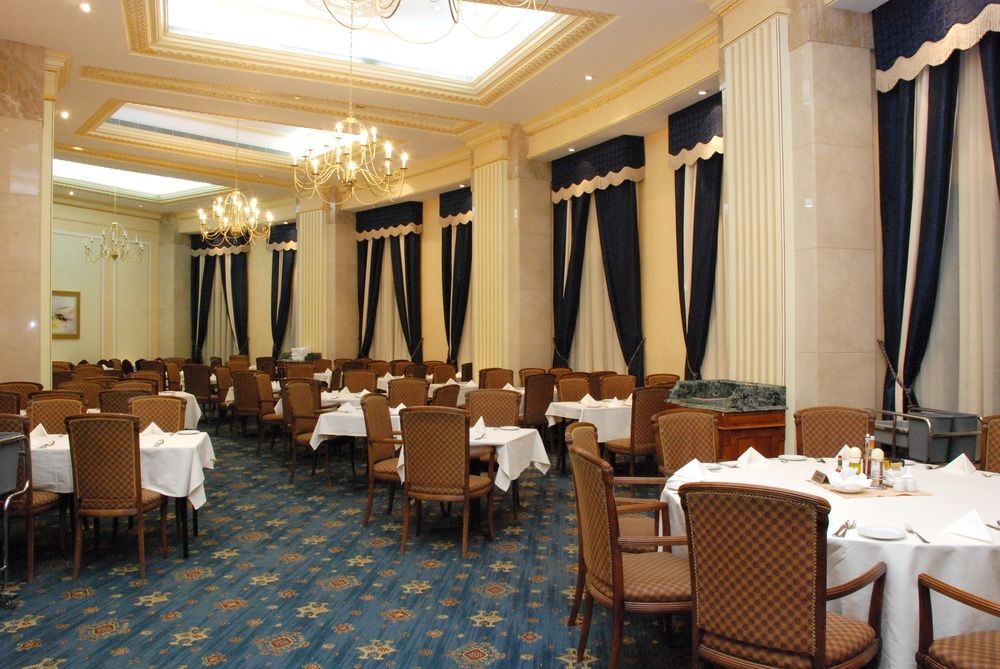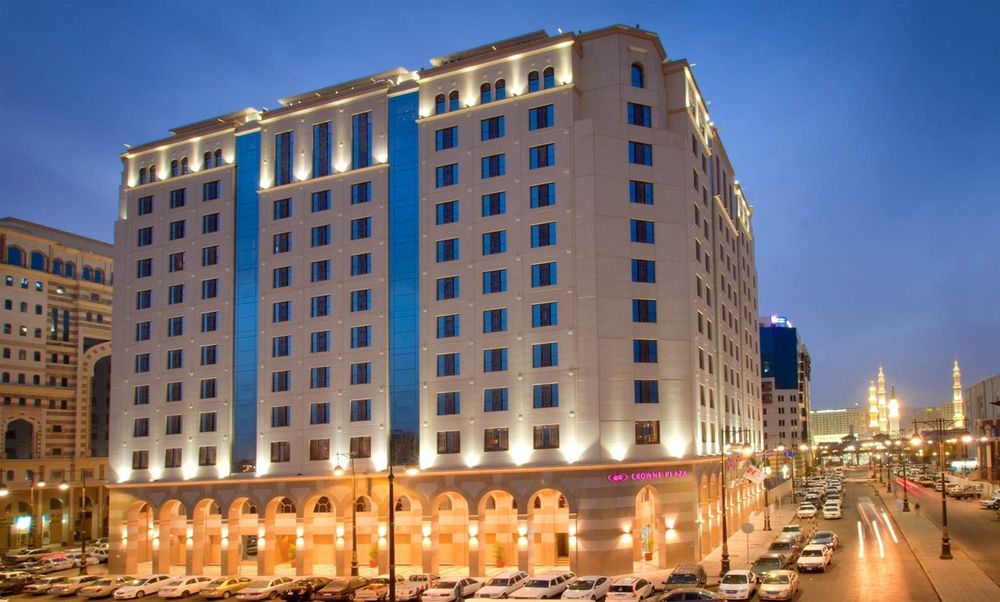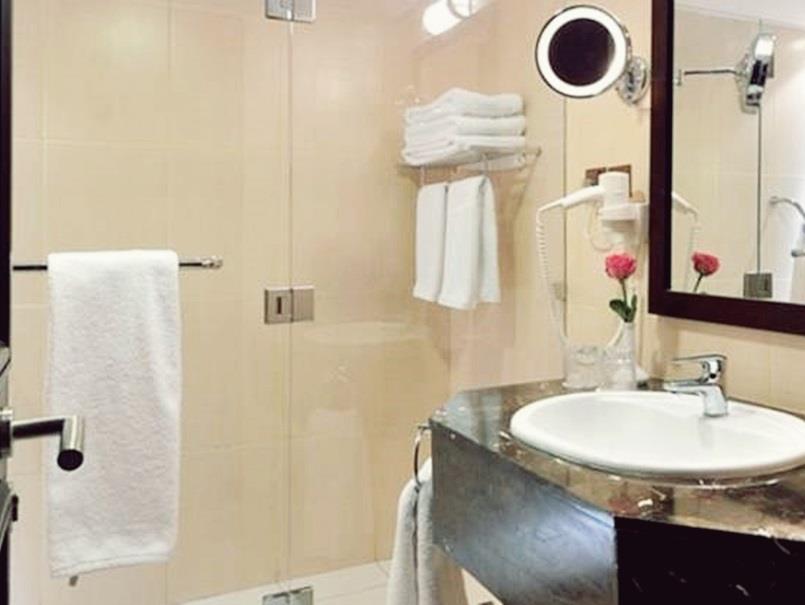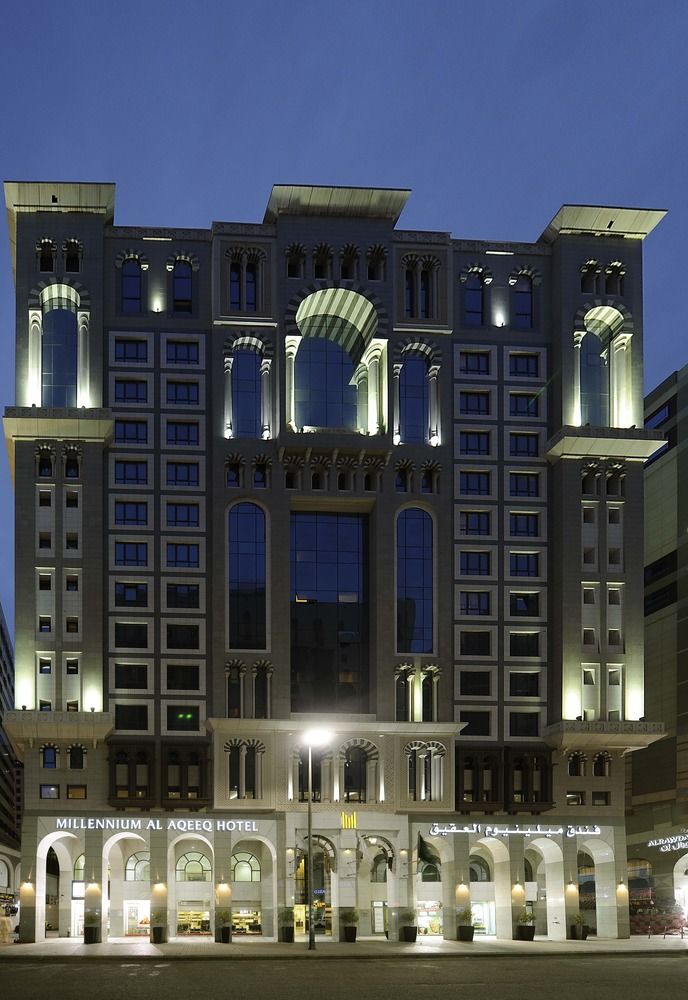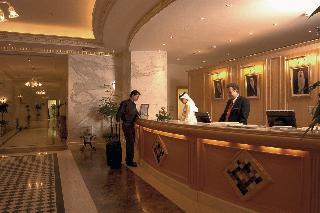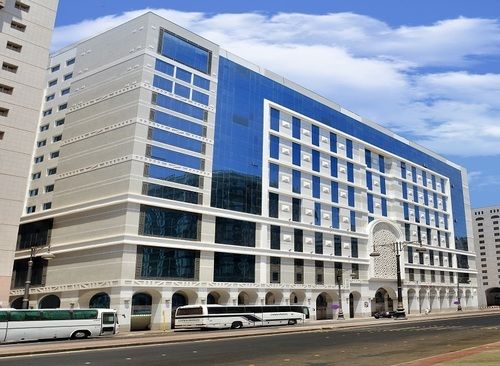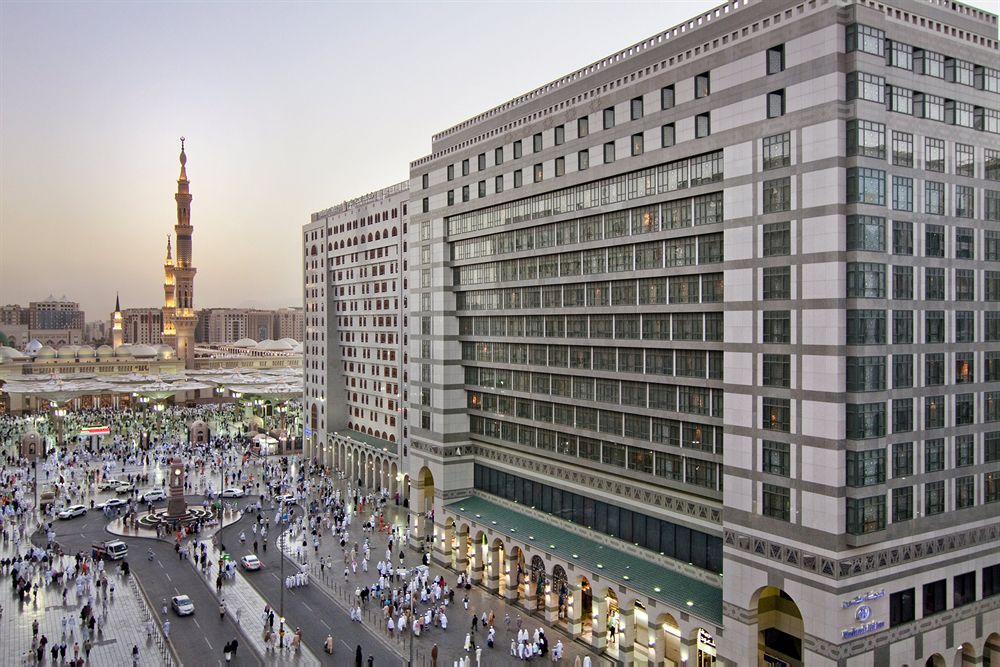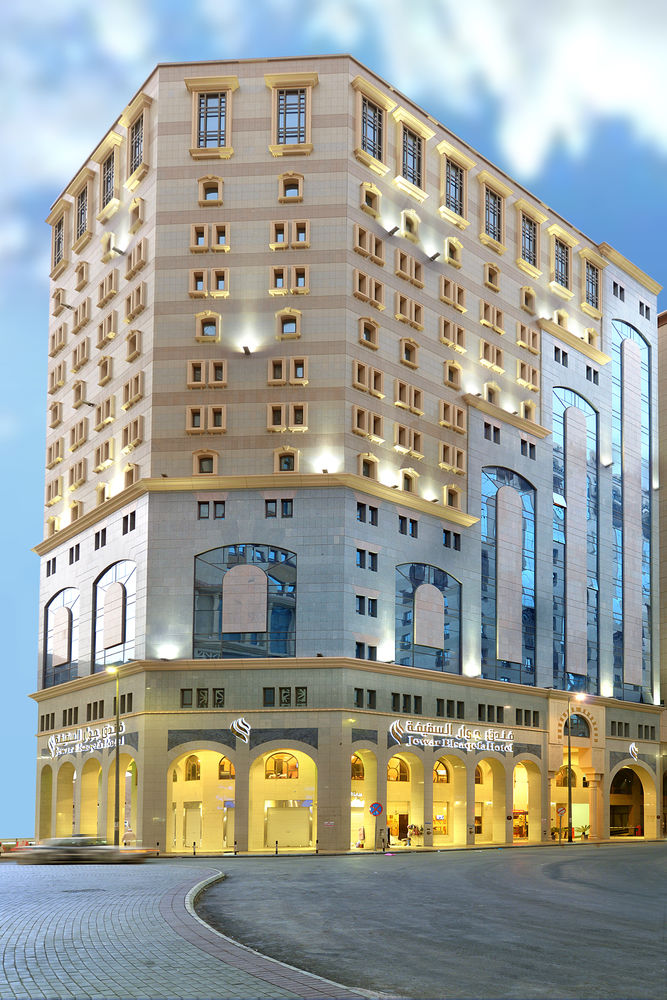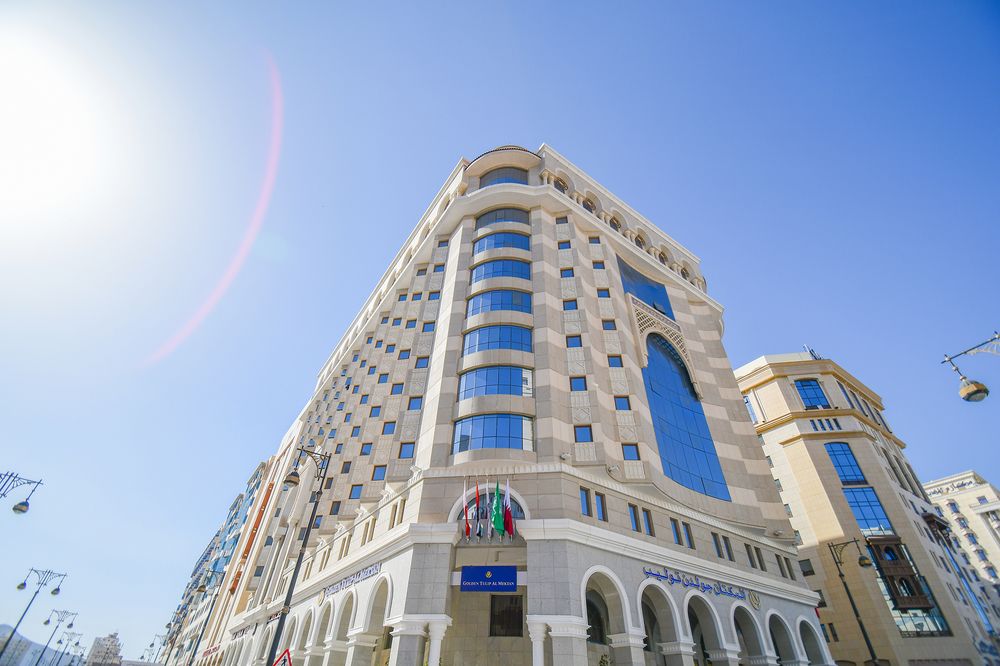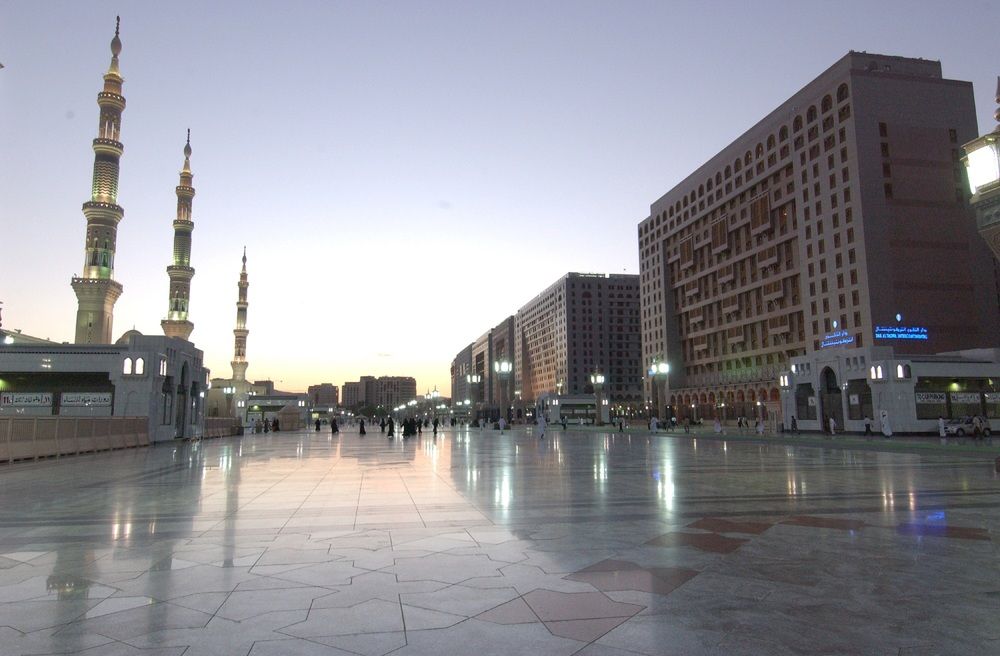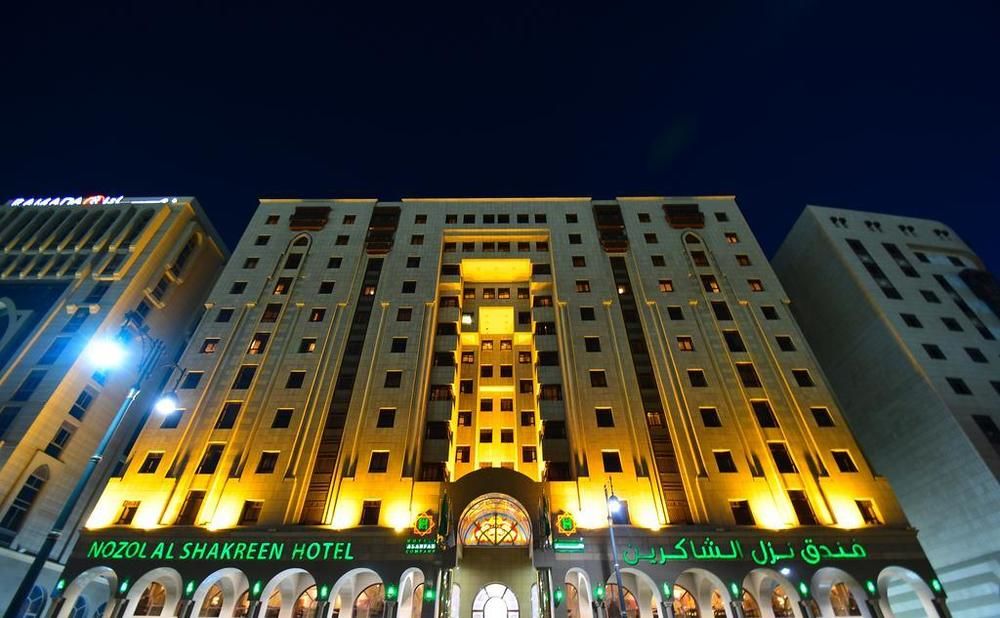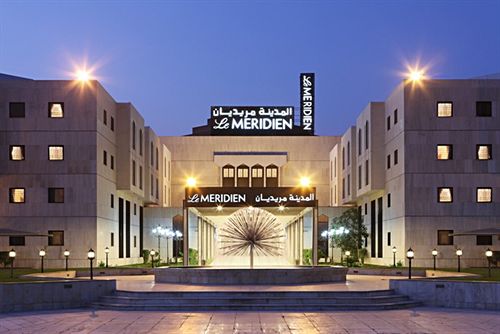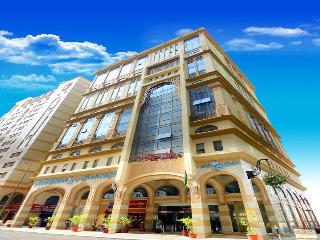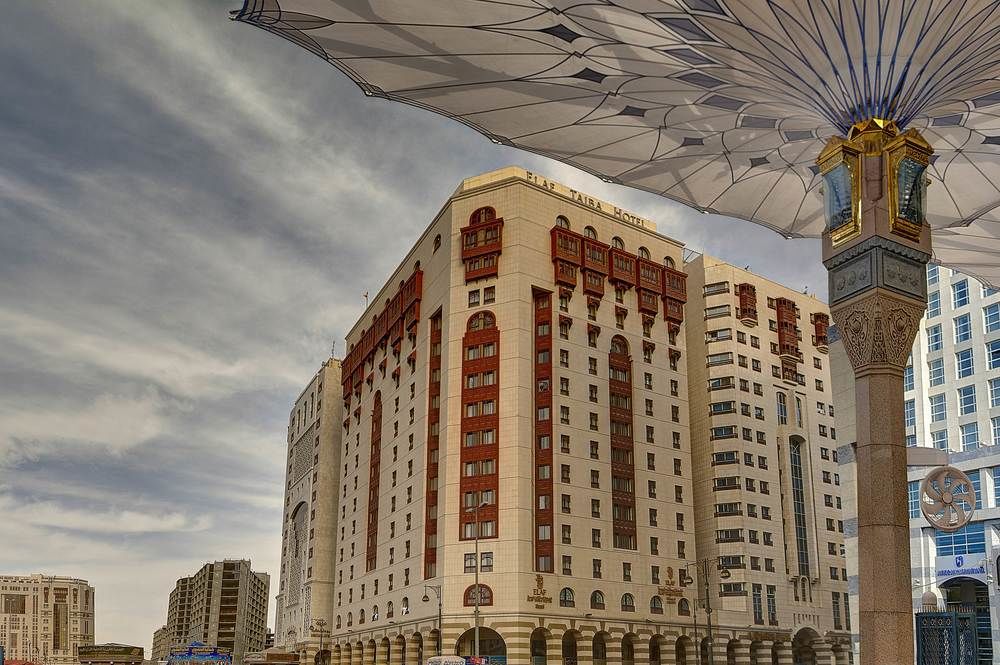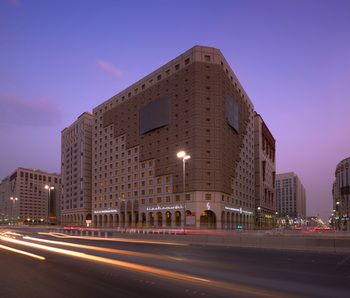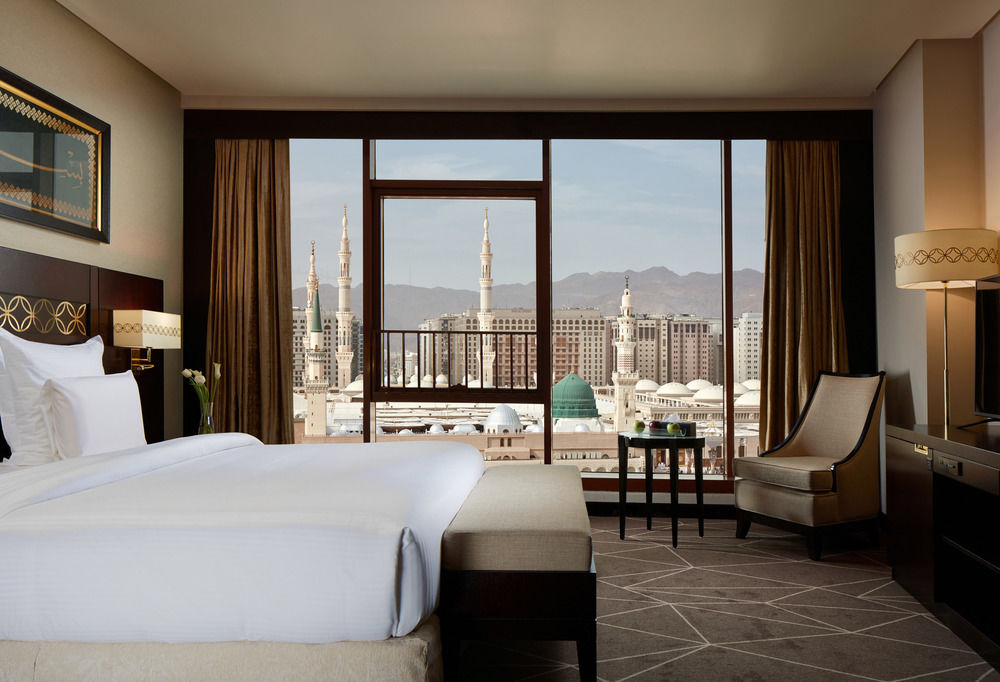
マディーナホテル検索結果
AIが見つけた軒のホテルの最安値をご覧ください。
ベストホテル
最安値のホテル
ホテル等級
AIおすすめ
マディーナベストホテル
マディーナ 最低価格のホテル
最高評価のホテル
マディーナにある5つ星ホテル
マディーナにある4つ星ホテル
マディーナにある3つ星ホテル
AIがおすすめする世界の旅行先
マディーナ近くのホテル情報
マディーナ 旅行に欠かせない情報
Medina (; Arabic: المدينة المنورة, al-Madīnah al-Munawwarah, "the radiant city"; or المدينة, al-Madīnah (Hejazi pronunciation: [almaˈdiːna]), "the city"), also transliterated as Madīnah, is a city in the Hejaz region of the Arabian Peninsula and administrative headquarters of the Al-Madinah Region of Saudi Arabia. At the city's heart is al-Masjid an-Nabawi ('The Prophet's Mosque'), which is the burial place of the Islamic Prophet Muhammad, and it is the second-holiest city in Islam after Mecca.
Medina was Muhammad's destination of his Hijrah (migration) from Mecca, and became the capital of a rapidly increasing Muslim Empire, under Muhammad's leadership. It served as the power base of Islam in its first century where the early Muslim community developed. Medina is home to the three oldest mosques, namely the Quba Mosque, al-Masjid an-Nabawi, and Masjid al-Qiblatayn ('The mosque of the two Qiblas'). Muslims believe that the chronologically final surahs of the Quran were revealed to Muhammad in Medina, and are called Medinan surahs in contrast to the earlier Meccan surahs.Just like Mecca, the city center of Medina is closed to anyone who is considered a non-Muslim, including members of the Ahmadiyya movement, by the national government; however, other parts of the city are not closed.
 時間 UTC+03
時間 UTC+03 通貨 SAR
通貨 SAR 言語 Arabic
言語 ArabicStaypiaだけの特別な特典
リアルタイムホテル最安値比較
AIが見つけたin マディーナの軒のホテルのリアルタイム最安値を簡単に比較検索できます。
316万軒のホテルを最安値で予約
最低価格に最大31%追加メンバーシップ割引でさらにお得にご予約いただけます。
自分だけの
AIがリアルタイムで更新するマディーナ旅行情報で便利に旅行を準備しましょう。
よくある質問
マディーナで最も人気のある5つ星ホテルはPullman Zamzam Madina, Rove Al Madinah Hotel, Dar Al Hijra InterContinentalです。 マディーナ 評価順にホテルを見る
一般的なホテルの場合、客室予約はキャンセル締切日前まで無料返金が可能です。キャンセル締切日以降は手数料が発生する場合がありますので、ホテルバウチャーまたはメニュー>マイ予約でキャンセル締切日をご確認ください。
ステピアでは、AIが収集した316万件のホテルの最安値はもちろん、会員限定の追加割引価格で人気ホテルを予約することができます。
